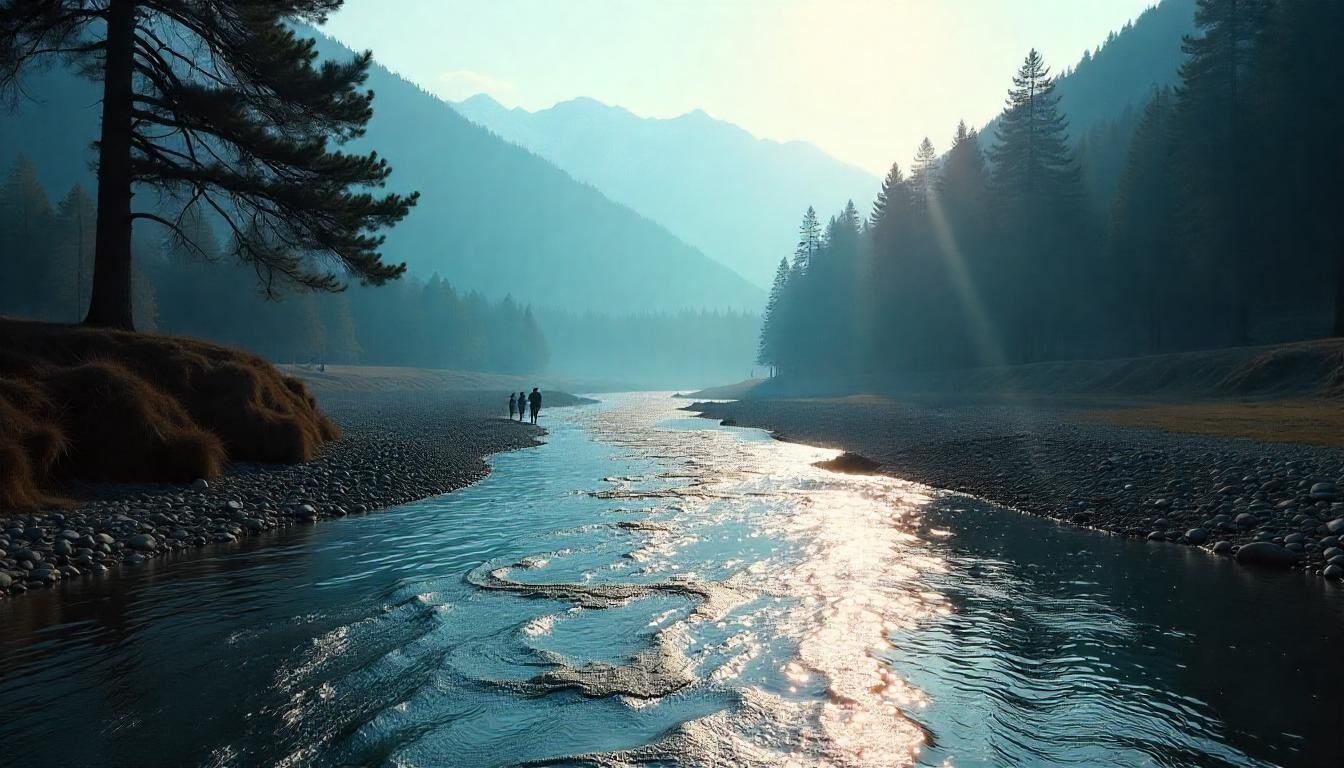
By Gayatri Singh | Newskites24
The tragedy that struck Pahalgam last week was more than an act of violence—it was an attempt to shake the spirit of an entire region that has fought hard to reclaim normalcy. It was an assault not just on lives, but on trust, healing, and the rebirth of tourism that had started to redefine Kashmir.
And yet, from the very moment news of the incident broke, something remarkable happened.
India stood still—but only for a moment. Then, it rose.
Not in rage.
Not in panic.
But in solidarity.
A Tragedy, But Not a Defeat
The Pahalgam incident that claimed 26 innocent lives in a brutal attack was one of the darkest days in recent memory for Kashmir. The pain rippled across the country. Social media was flooded with condolences, candles were lit in towns thousands of kilometers away, and prayers were offered in temples, mosques, and churches alike.
But what stood out most was the quiet resolve of the Indian people: a collective whisper that echoed across platforms, families, and travel circles —
“We are not afraid. We will come again.”
This was not a passive reaction. It was a powerful statement. That terror may take lives, but it cannot take our faith — in Kashmir, in its people, and in our shared future.
Faith in the Valley, and in the Nation
The Government of India has moved swiftly, initiating strategic reviews, dispatching security reinforcements, and making it clear that this incident will not go unanswered. There is confidence among the people that the necessary action will be taken — that justice will find its way, as it always does.
But while the machinery of governance does its job, something equally important is unfolding: the people of India are stepping up to protect the soul of Kashmir — its tourism, its dignity, and its hope.
From travel bloggers to homemakers, influencers to businessmen, thousands have publicly pledged to not cancel their trips. Many have even rebooked travel to Kashmir as a show of support. For them, visiting Kashmir is no longer just a vacation—
It’s a statement.
Kashmir Needs Us, Now More Than Ever
In recent years, Kashmir had started to glow again with the laughter of tourists, the hum of local guides, and the ringing bells of shikaras on Dal Lake. Local artisans, hoteliers, pony riders, taxi drivers — they all dared to dream again.
The attack aimed to destroy that dream. But the people of India refuse to let it.
By choosing not to retreat in fear, we choose to fuel Kashmir’s economy, protect its families, and preserve its pride.
We’re not just visiting for leisure anymore.
We’re visiting to heal. To help. To honor.
The Message Is Clear: India Is United With Kashmir
There is a subtle, yet strong, message flowing through the nation. It doesn’t need to be screamed through headlines. It’s written in gestures.
In the Mumbai family who rebooked their trip despite concerns from relatives.
In the solo traveler who posted, “I’m still coming to Gulmarg.”
In the artist who drew a painting of Pahalgam as a tribute to its resilience.
In the Kashmiri vendor who said, “Tell them not to be afraid. We are here. We will protect them too.”
These are not just stories. They are signals.
That we are one people. One nation. One destiny.
Our Role as Citizens
Yes, the government will respond.
Yes, investigations are underway.
Yes, the system will hold the guilty accountable.
But what about us?
We, the citizens, also have a role.
To travel mindfully.
To engage with the people of Kashmir with empathy.
To support local businesses.
To tell the real story of Kashmir—beyond politics, beyond pain.
A story of breathtaking landscapes and beautiful hearts.
Tourism as a Tool of Peace
It may sound idealistic, but it’s true — tourism can be a weapon of peace.
Every hotel booked, every meal bought, every shawl sold is a step toward normalcy. Every shared smile between a tourist and a local is a seed of healing.
By choosing to continue visiting Kashmir, we counter fear with familiarity.
We replace propaganda with personal experience.
We rewrite the narrative, one traveler at a time.
A Personal Note
As someone who was recently in Pahalgam, I write this with a heavy but hopeful heart.
The place where I sipped tea by the river is now a crime scene. But I don’t regret going.
In fact, I feel even more connected to the land now.
I will go again. And again. Because that’s how you fight fear — by standing in the very place they tried to shake.
Let this be our tribute to the lives lost.
Let this be our stand for peace.
Let this be our collective promise to the people of Kashmir — “You are not alone.”
Conclusion:
Kashmir’s skies may have darkened momentarily, but the stars of unity, empathy, and courage shine brighter than ever.
And as we take one step forward — as individuals, as citizens, as a nation — we reaffirm what the attackers failed to understand:
This is one country. This is one people. And we stand together. Always.



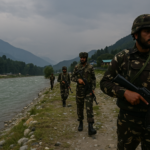

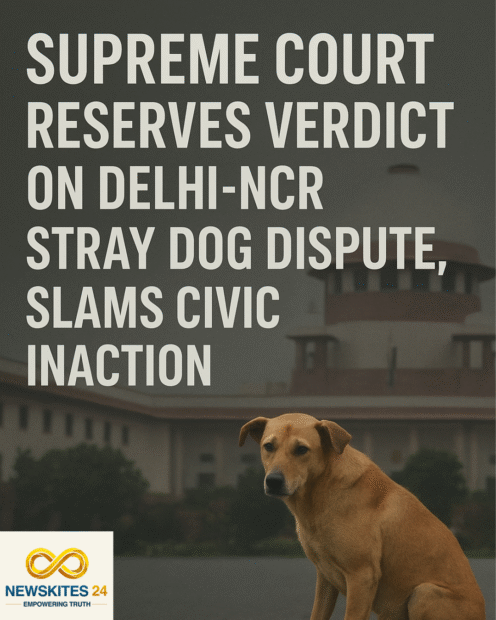

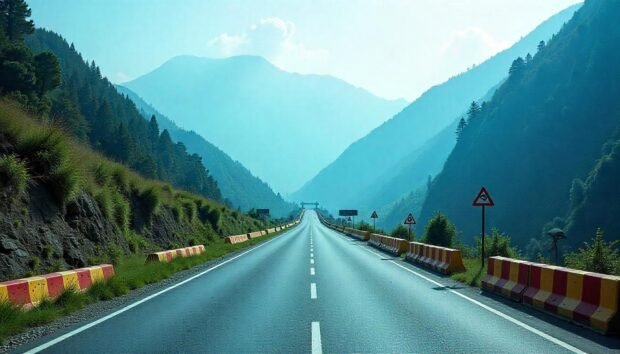
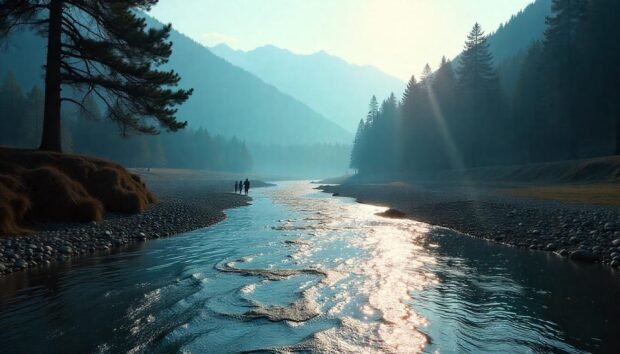
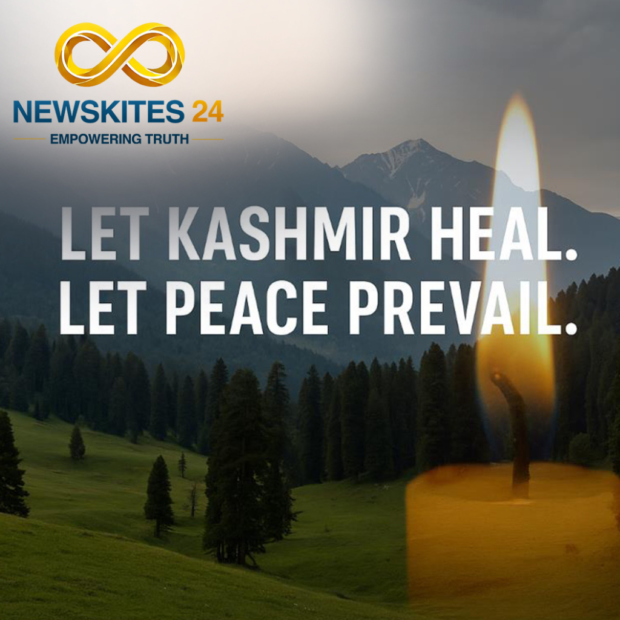

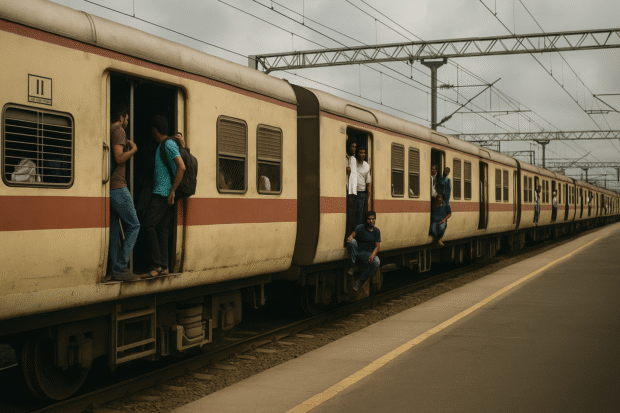
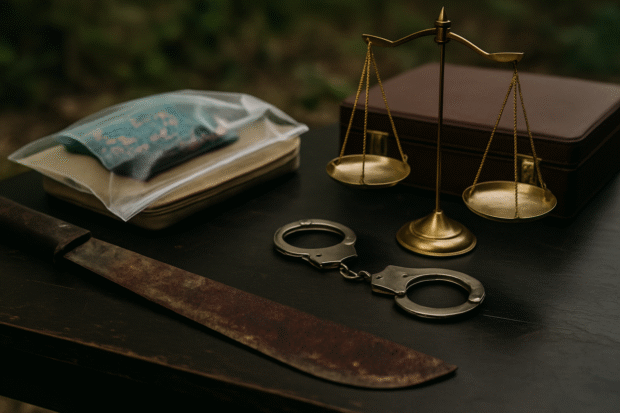
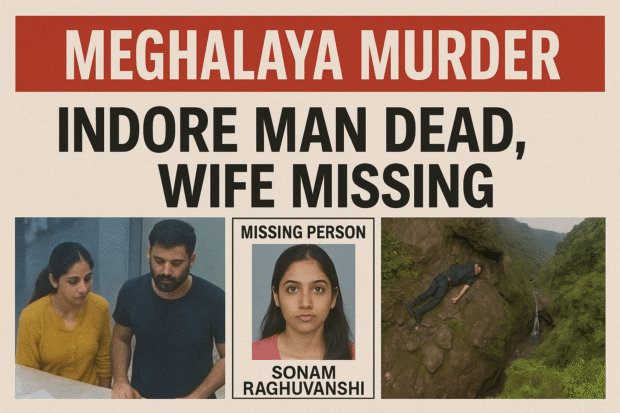
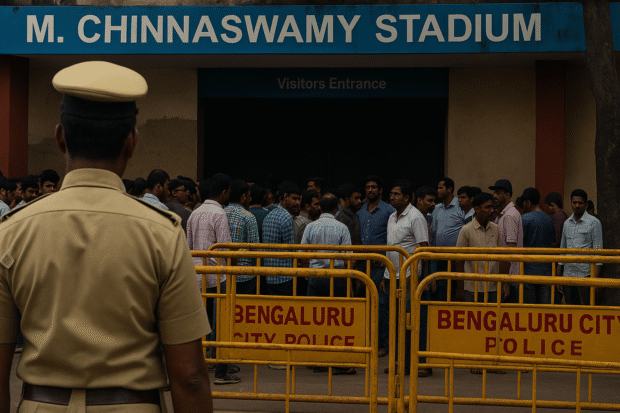
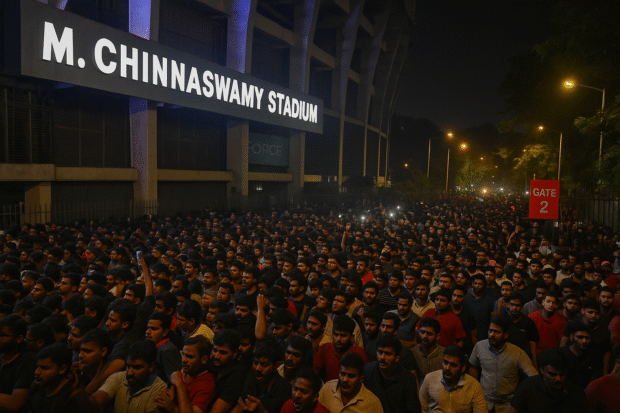

Be the first to leave a comment